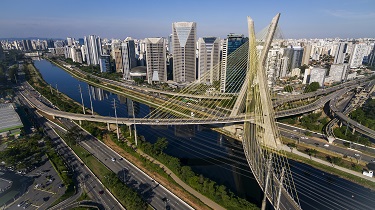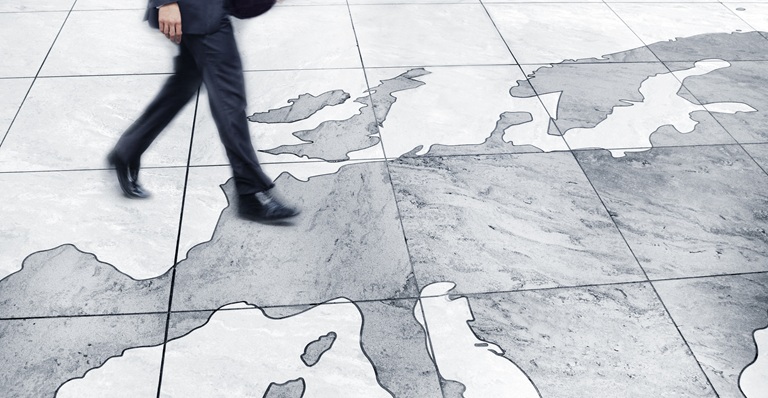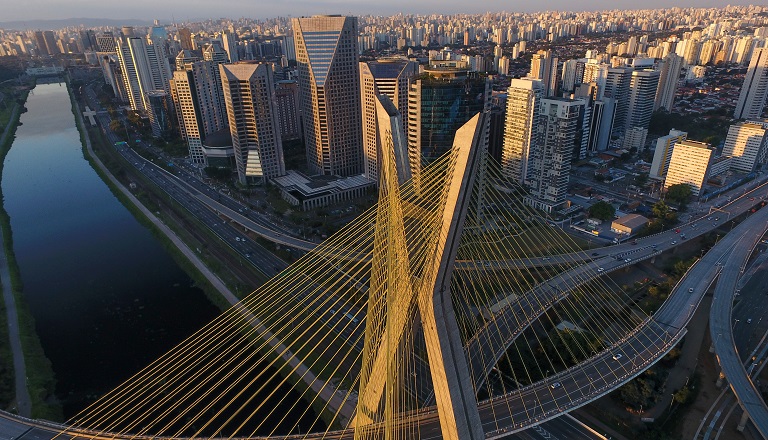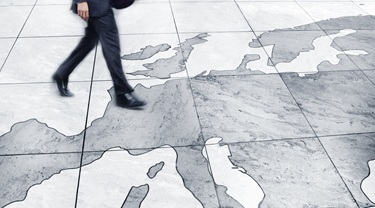Rich in natural resources and people, Brazil is the 12th-largest global economy in terms of gross domestic product (GDP), yet it’s also a relatively closed economy when it comes to international trade if compared to other emerging markets.
It’s a seeming contradiction explained by the nation’s self-reliant internal manufacturing capacity, burgeoning agri-business and dramatic changes to its governance, services, industrial and banking systems over the past 30 years, says Fernanda Custodio, EDC’s senior regional manager in Brazil.
“We’re the largest economy in Latin America, but until the beginning of the 1990s, Brazil was—and is—a very closed country. Prior to the ’90s economic opening and reforms, the military administration (from 1964 to 1986) had a policy to produce everything here. The result is that we were self-reliant with a very large local manufacturing industry for many years,” she says.
Today, Brazil has increased foreign trade to more than 30% of its $1.832 trillion GDP in 2020. While that trade percentage is low compared to other economies, like Canada, international trade until recent years was below that figure.
One benefit of Brazil’s self-sufficiency is that in times of national and global crisis, like the pandemic, Brazil had no issues with food security, vaccine supply or any other sources for primary needs. The country also has a large population and consumer base catered to by both local production and growing international goods and services.
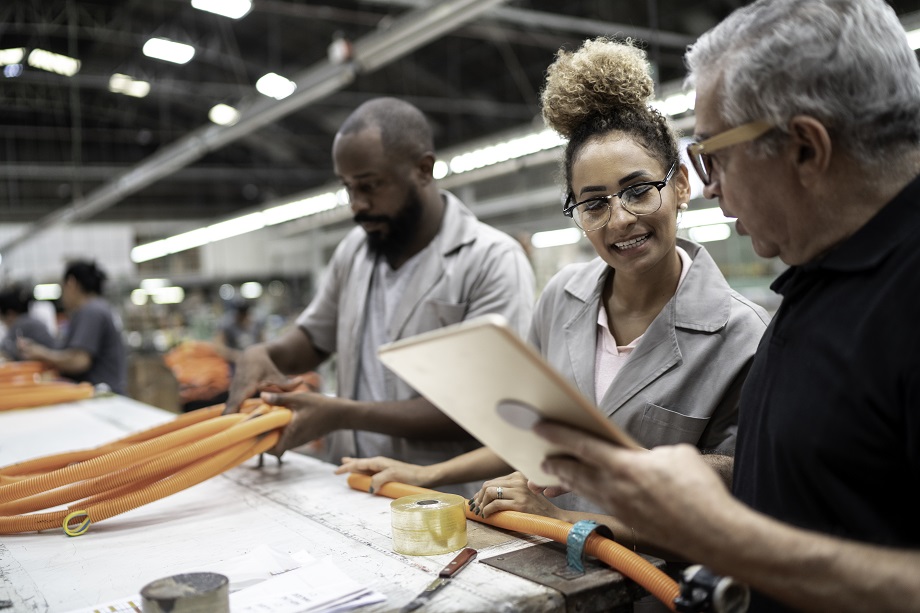
Opportunities
As globalization makes inroads in Brazil, a major gap in infrastructure has been exposed. Now, looking to create and modernize railways, power utilities, telecommunications, water and natural gas infrastructure, as well as schools, health care and national parks, Brazil is undergoing widespread privatization. To do so, it’s investing in programs aimed at giving concessions to private companies and privatizing assets that can be best managed by private sector interests through improved efficiencies.
Another growth area for Canadian exporters is agri-business. Although Brazil is a world leader in agricultural production—it boasts one of the most modern agri-businesses in the world—it lacks the infrastructure to move goods.
Brazil has a noteworthy pharmaceutical industry with a global reputation for vaccine production and research. The Brazilian Ministry of Economy registered 418 pharma-manufacturing plants in 2018; in 2020, the pharma industry was valued at $26 billion.
Despite that success, the private health sector, which services 40 million people or 25% of the country’s population, is a growth area for foreign investment and services.
“The health-care sector is going through consolidation and enhancement of efficiencies,” says Custodio. “That’s a sector looking for solutions. Key things for Canadian companies to look at are services, infrastructure and digital transformation.”
- Brazil is Canada’s third-largest trading partner in the Americas after the United States and Mexico, with merchandise trade between the countries valued at $7.7 billion in 2019.
- Top Canadian exports include fertilizer, newsprint, heavy equipment and aircraft and aircraft parts. Canadian direct investment in Brazil is $12.2 billion, making it the 15th-largest destination for investment.
- The Canadian Trade Commissioner Service has identified opportunities for Canadian commerce in information technology, digital technology, education, life sciences, power and renewable energy, aerospace and agri-food.
- Brazil’s poor education system is an area of opportunity; Canada is also the single-largest recipient of Brazilian students seeking language training, university and advanced education.
You should also check out
EDC interactive tool offers economic insights on Canada’s Top 75 trading partners.
Challenges
Wracked by scandals and political upheaval, as well as widespread recession in 2015-2018, Brazil ranks just 96 out of 180 countries in the Transparency International Index. Even so, says Custodio, “the result of corruption scandals were investigations and an overhaul of governance. We have very solid institutions and a stronger business environment as a result. We’re constantly evolving.”
Despite its improved government structure and robust financial and banking system, Brazil suffers from heavy bureaucracy, political uncertainty, a very complex tax system and an onerous legal framework that impedes not only importers, but hampers local businesses, as well. However, over the past several years there has been many improvements to enhance the legal/bureaucratic processes and reduce red tape, which is improving the business environment countrywide for local and foreign investors.
Social inequities, particularly in education, also create hurdles for inbound companies seeking qualified employees. While there are highly skilled workers—the product of private education and public universities—not everyone has equal access to quality education.
“There’s been some slow evolution,” says Custodio, “but it’s uneven and not immediately available to everyone.”
The upshot, she adds, is that for foreign companies to succeed, they should expect to bring in staff, implement training of local employees and invest in ongoing professional development.
You should also check out
Expanding into this market? Read this insightful guide on the importance of operating your business in an economically, socially and environmentally responsible manner.
Market entry
- Despite welcoming immigrants from Europe in the 1700s and 1800s, Japan in the 1900s, and more recently migrants from Germany, Italy, Syria, Turkey and Lebanon, Brazil remains a resolutely monoglot country where the language is Portuguese. There’s an increased use of English in business, but Canadian exporters should expect to do business in Portuguese in the long term.
- Canadian companies interested in Brazil should research the local economy and invest in creating local relationships. This is particularly critical for navigating legislation and taxes. But overall, like many Latin countries, Brazilians put a high value on personal interaction and cultural connections. Read more about cultural etiquette in EDC’s Latin America business etiquette tips.
- EDC has produced a valuable guide for doing business in Brazil, Sustainable and responsible business conduct in Brazil.
To contact an EDC export advisor, visit our Export Help Hub. To explore the potential of growing your business, connect with our market entry advisors before exporting to Brazil.
- Short-term risk rating: Medium-high
- Top Canadian exports (2020): Fertilizer, newsprint, heavy equipment, plastics, electrical and electronic equipment, medical apparatus, nickel, aircraft and parts, pharmaceuticals, iron and steel
- Canadian exports total value (2021): $2.28 billion
- International trade agreements with Canada: Free trade agreement (FTA) with the Mercosur trading bloc (under negotiation)
- Population: 212 million
